- Home
- Blog
- Personal Finance
- What do I need to open a bank account?

What do I need to open a bank account?
What do you need to open a bank account? We answer this question and more in our guide to setting up your bank account.
2 de novembro de 2020 — 6 min read
Worldwide, about 70 percent of people have at least one bank account. In wealthy countries, like the United States, the proportion is usually at or above 90 percent. There is no doubt that bank accounts are convenient. And, since many accounts have negligible fees, this convenience is not terribly expensive.
Furthermore, in the coronavirus era, bank accounts have a health and safety dimension. Currency and coins change hands countless times, and germs could live on these surfaces, especially fibrous currency surfaces, for an extended period of time.
For many people, a bank account is a rite of passage into adulthood. For everyone, a bank account, especially a checking account, opens up many new possibilities. For example, a bank account opens up new money transfer possibilities. Yes, you can send cash from person to person. But the process is cumbersome and always requires a third party. But with a bank account, instant transfers are the norm.
What are the benefits of a bank account?
Money security is one of the biggest benefits of having a bank account. Cash always has, and always will be, a tempting target for thieves. For the most part, we are not talking about street pickpockets. We are talking about “friends” and other invited guests who see money on the table, or know where you hide it, and they take it.
Furthermore, most accounts earn interest. That’s especially true of some long-term savings accounts, like a Certificate of Deposit. Even if the interest rate is almost nothing, it adds up over time, and it is more money than you would have had otherwise. Bank accounts make money in other ways. Check cashing fees add up over time.
Finally, there’s the aforementioned convenience. A bank account enables you to pay bills online. You can also pay them automatically. Frequently, there is no fee for either service. Many companies even offer discounted autopay arrangements.
What are the types of bank accounts?
Many bank account owners only have checking accounts. Frequently, that’s the first type of bank account people open, and it is often the only one they need. A checking account secures your money and gives you almost instant access to it.
A savings account is usually the next step. Upon request, most banks link checking and savings accounts. In fact, some banks automatically move money from one account to the other. Your savings account balance grows effortlessly, and if you are overdrawn, the bank automatically moves funds from your savings account to cover the overdraft. However, do not assume these services are available. Always verify with your bank.
There are also some investment accounts. Money market accounts are essentially hybrid checking/savings accounts. These accounts earn high interest rates, but they also have high minimum balance requirements. A certificate of deposit account is a long-term savings account. Terms vary from a few weeks to a few years. The longer the money stays in the account, the more interest it earns.
What do you need to open a bank account?
One upon a time, almost anyone off the street could open a bank account at any time. Those days are long gone. Mostly because of 9/11, all banks require the following:
Current, government-issued photo ID,
Social Security number,
Date of birth,
Mailing address and physical address, and
Co-signer, if the account holder is under 18.
Other banks have additional requirements when you open a bank account. For example, some banks require two forms of identification. A credit card or student ID will usually do. Additionally, many banks require a minimum opening balance for checking accounts. This amount could be very low or very high, depending on the bank.
How do I set up a bank account?
That will depend on your bank of choice. Different banks will offer different account options as well as different interest rates, and each bank will have its own process to set up an account. These days, most banks will allow you to set up an account entirely online, but they may require you to visit the branch in person or give them a phone call. Double-check before making any assumptions!
The bank should give you checks, a debit card, and everything else you need to set up your account. Although not all banks charge account setup fees, be prepared to pay them.
A quick word here. Banks earn an enormous amount of money by charging fees. For most consumers, overdraft fees and ATM fees are the two biggest culprits. Before you spend money, be sure there is enough money in your account to cover the transaction. Account for floating checks and charges that have not hit your bank yet. Also, try to open an account at a bank that has at least one conveniently located ATM.
Most banks also run credit checks. If your credit rating is very poor, you might have a hard
time meeting the requirements for opening a bank account. If you owe another bank money, it might be almost impossible. For these customers, and for a slightly higher fee, most banks offer second-chance or no-questions-asked accounts.
Occasionally, these accounts do not offer unlimited transactions. If you exceed the limit, there’s normally a fee. The same thing is true of most savings accounts, regardless of your credit status. As for certificate of deposit (CD) accounts, you may only withdraw money if you pay a penalty.
Sometimes, there is a brief waiting period, perhaps a day or so, before your debit card becomes active. The same thing applies to paper checks, wire transfers, electronic transfers, and other types of payment. So, your first official purchase might have to wait awhile.
How can I send money with my bank account?
You might notice that your bank offers money transfer services on their own site. While it might seem more convenient to use your bank to manage your money transfers along with your other personal finance needs, unfavorable bank rates will likely lead to you paying much more than you need to. Don’t believe us? Check out our comparisons.
As long as you have a bank account, you can send money with Xe. Log in or sign up for an account, and when you’re ready to transfer, you can enter your bank account information and select whether you’d like to pay by card payment, direct debit, or wire transfer. You can even save your bank account information for easy, secure transfers in the future.
A bank account is a key that unlocks some financial and time-saving benefits. When you are ready to take the next step to money transfers, log in or sign up to get started with Xe.
Related Posts
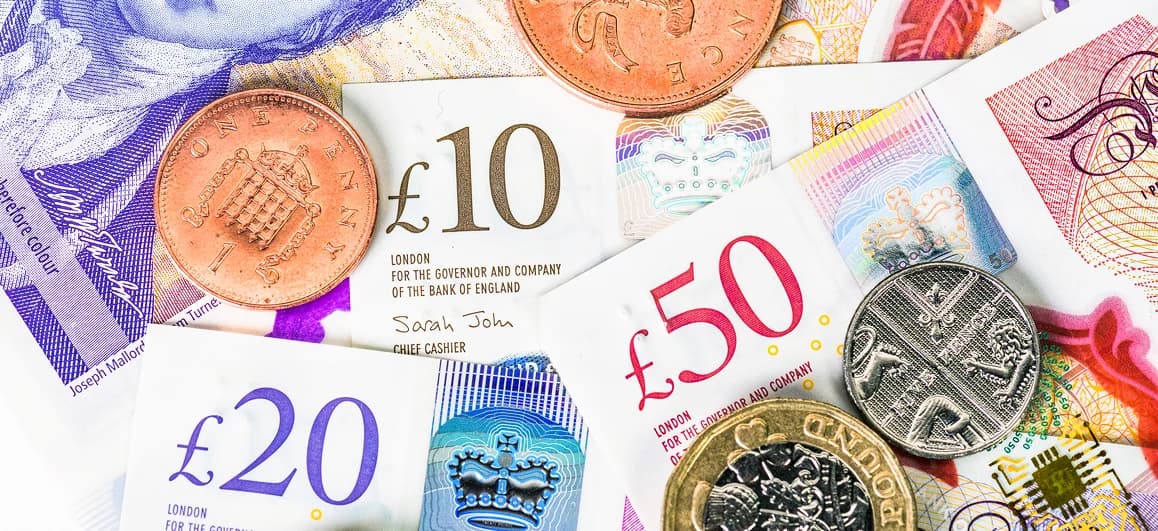
24 de abril de 2025 — 6 min read
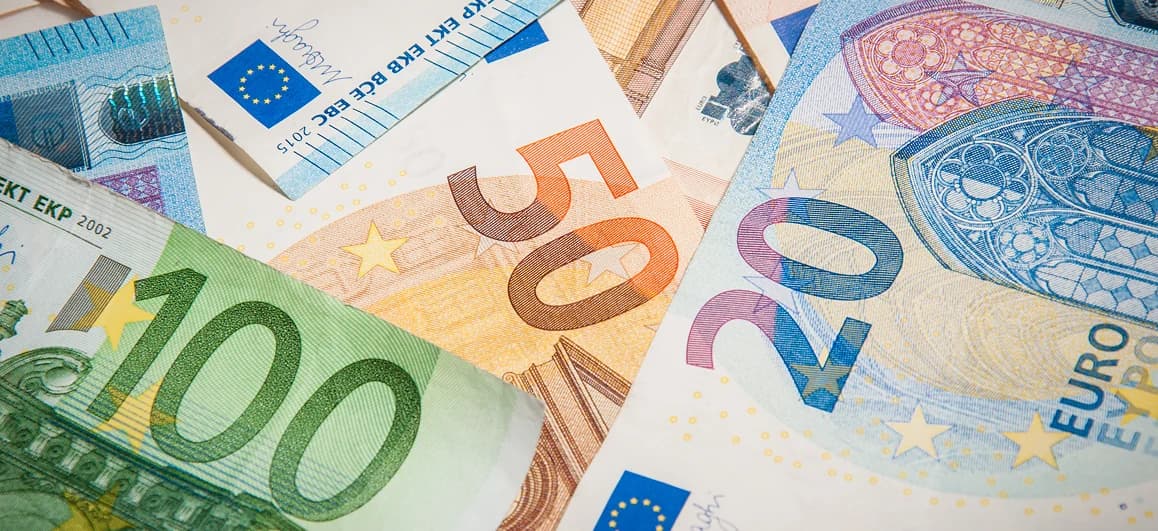
24 de abril de 2025 — 5 min read
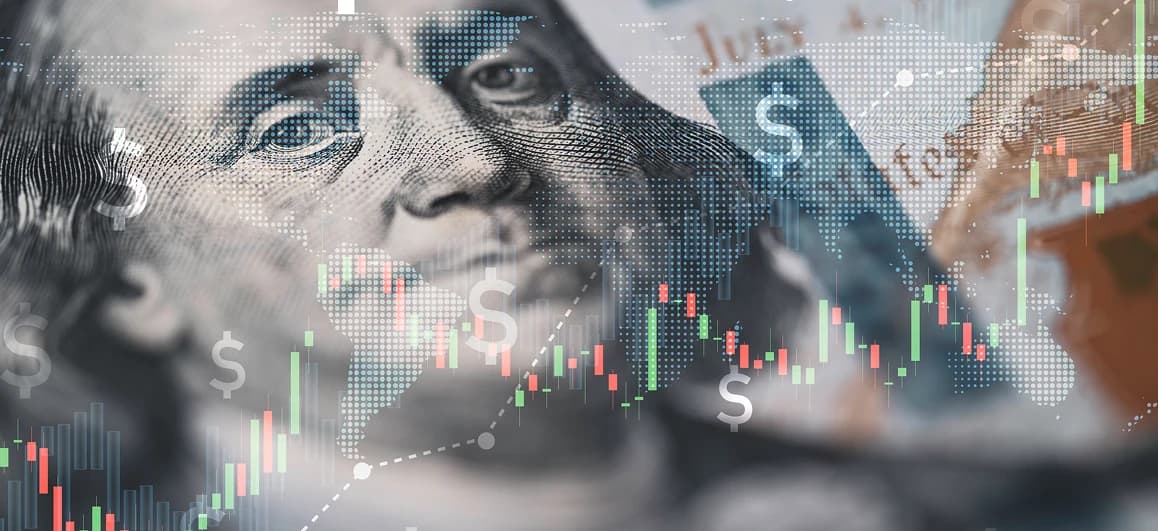
22 de abril de 2025 — 3 min read
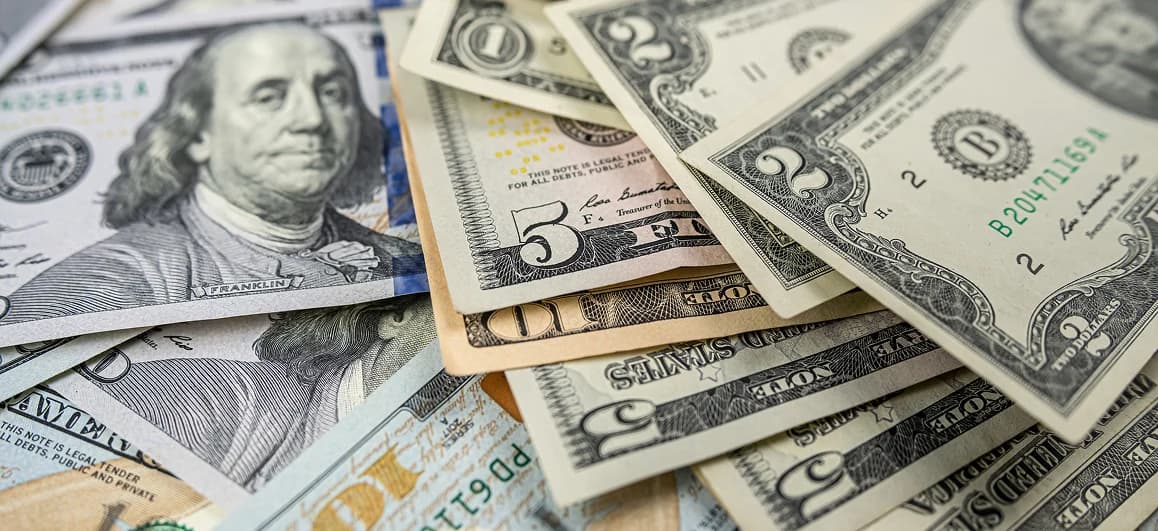
22 de abril de 2025 — 5 min read
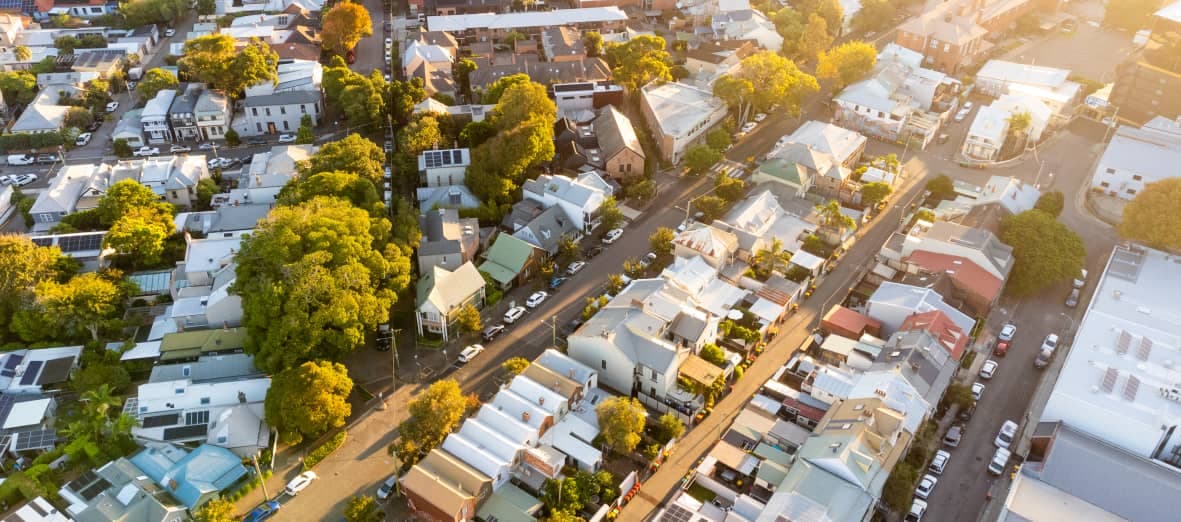
23 de dezembro de 2024 — 11 min read

13 de novembro de 2024 — 3 min read